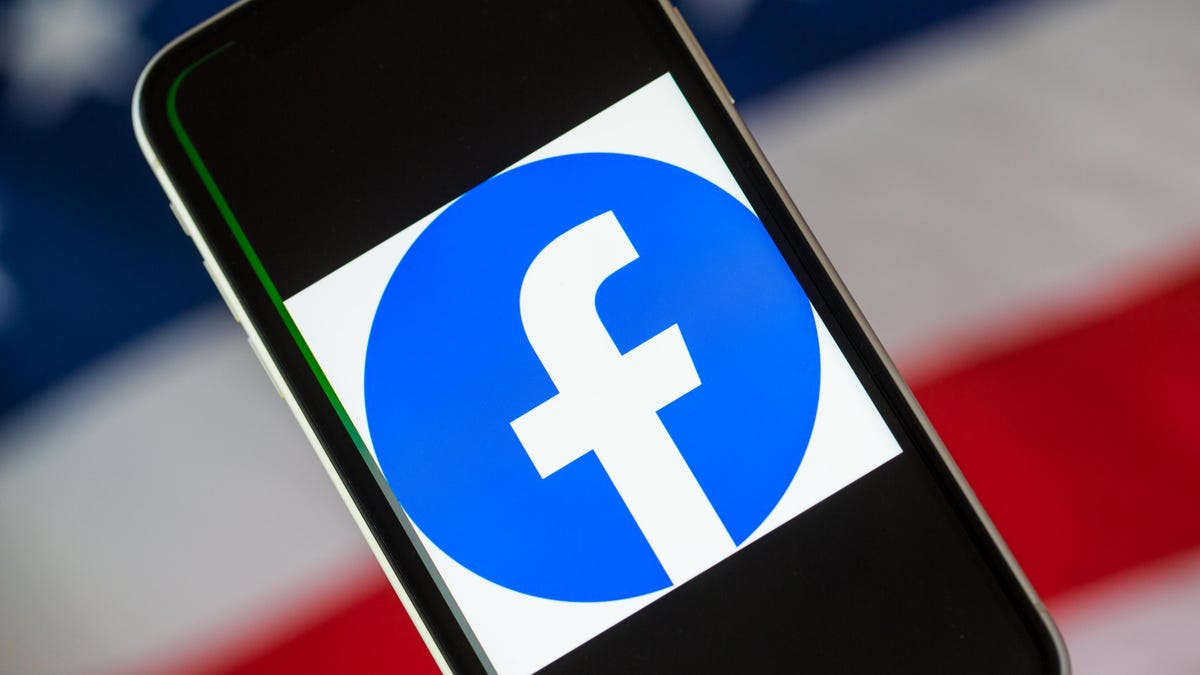Facebook launches July 4th voter registration drive ahead of US elections
The social network aims to register 4 million voters.

Facebook is launching a voter registration drive that aims to register 4 million people.
Facebook on Thursday said it's launching its Fourth of July voter registration drive this week, the "largest voting information campaign in American history." This follows an announcement by the company late last month that it aims to get 4 million people to register to vote in the 2020 US elections. That's twice as many people the social media giant says it helped register in both 2018 and 2016.
Starting Friday, every Facebook user who is of voting age will see a notification at the top of the app with information on how to register and a link to their state's registration website.
The social network says additional registration drives will be available on its platform, as well as on Facebook-owned apps Messenger and Instagram, throughout the summer.
Facebook has said it'll give US users the option to turn off all political advertising.
The measure comes after Facebook has been heavily scrutinized for not doing enough to battle misinformation on its platform. Russian trolls used the social network during the 2016 US presidential election to widely spread disinformation.

